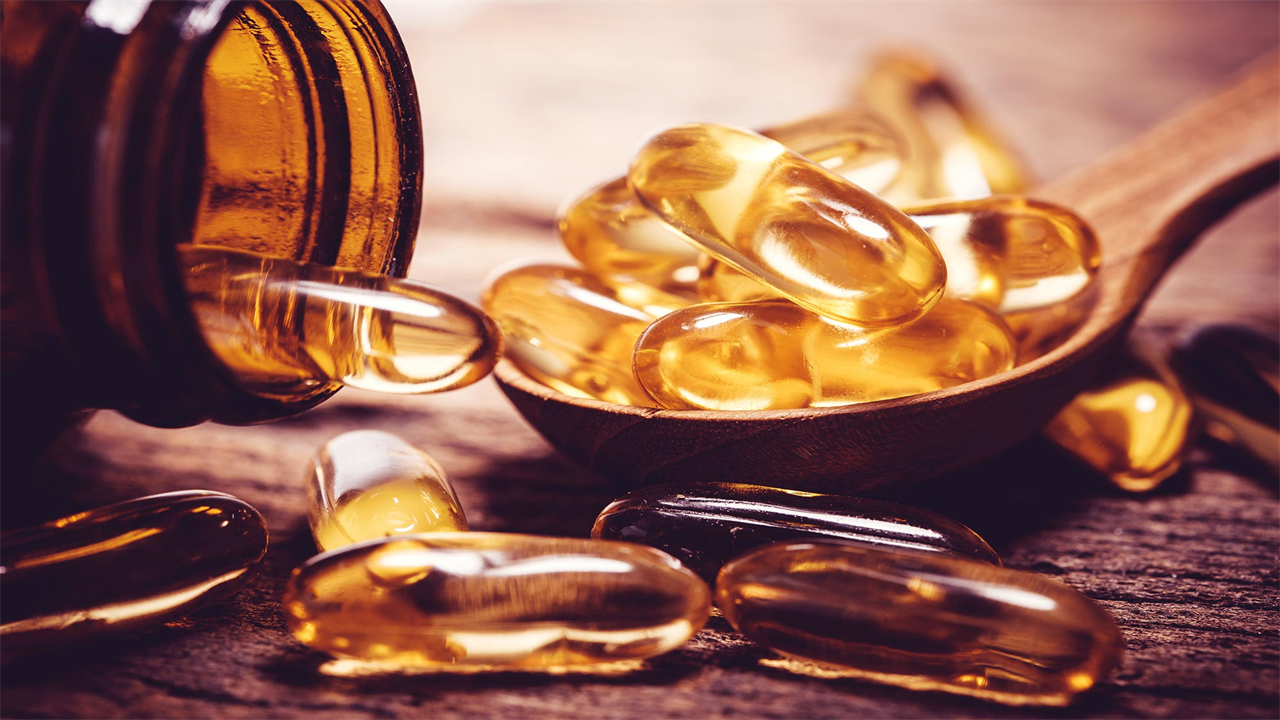High Dose of Vitamin D Fails to Improve Condition of Moderate to Severe COVID-19 Patients
0 View
Share this Video
- Publish Date:
- 4 May, 2021
- Category:
- Covid
- Video License
- Standard License
- Imported From:
- Youtube
Tags

A clinical study was conducted with 240 patients who received 200,000 IU vitamin D3 upon admission to hospital. The supplement did not reduce the length of stay and did not affect the proportion requiring intensive care.
Can a high dose of vitamin D administered on hospital admission improve the condition of patients with moderate or severe COVID-19? The answer is no, according to a Brazilian study published in the Journal of the American Medical Association (JAMA).
The article reports a randomized, double-blind, placebo-controlled clinical trial, the type of study considered the gold standard for evaluating drug efficacy. It was conducted with the support of FAPESP by researchers from the University of São Paulo’s Medical School (FM-USP), who recruited 240 patients treated at Hospital das Clínicas (HC), the hospital complex run by FM-USP, and the Ibirapuera Field Hospital in São Paulo City in June-August 2020.
“In vitro studies or experiments in animals had previously shown that vitamin D and its metabolites can have anti-inflammatory and antimicrobial effects in certain situations, as well as modulate the immune response. We decided to investigate whether a high dose of the substance could have a protective effect in the context of an acute viral infection, reducing either inflammation or the viral load, ”Rosa Pereira, lead researcher of the project, told Agência FAPESP.
Vitamin D3 supplementation did not reduce the length of stay and did not affect the proportion requiring intensive care. Credit: Rosa Pereira
The volunteers were randomly divided into two groups, one of which received vitamin D3 in a single dose of 200,000 units (IU) dissolved in peanut oil solution. The other group only received the peanut oil solution. All participants were treated according to standard hospital treatment protocol for the disease, including administration of antibiotics and anti-inflammatory drugs.
The main goal was to see if acute supplementation would affect the length of stay of these patients, but the researchers also wanted to know whether it would reduce the risks of admission to intensive care (ICU), intubation and death.
No significant difference between the groups was observed for any of these clinical results. According to Pereira, the main purpose of the study was to assess impact on hospital stay and would require a larger number of volunteers to arrive at a scientifically acceptable estimate of the effect on mortality.
“So far we can say that there is no indication to administer vitamin D to patients who come to the hospital with severe COVID-19,” she said.
For Bruno Gualano, a researcher at FM-USP and penultimate author of the paper, the findings indicate that there is no “silver bullet” for the time being for the treatment of COVID-19. “But that doesn’t mean that continuous use of vitamin D can’t have beneficial effects,” he said.
Ideal dose
Pereira is currently leading a study at FM-USP to find out whether subjects with adequate circulating levels of vitamin D fight infection from SARS-CoV-2 better than subjects with insufficient levels of the nutrient.
Ideal blood levels of vitamin D and daily supplementation dose vary with age and overall health, she explained. The elderly and patients with chronic diseases, including osteoporosis, should have more than 30 nanograms per milliliter of blood (ng / ml). For healthy adults, 20 ng / ml is an acceptable threshold.
“The ideal approach is a case-by-case analysis, possibly dosed periodically through blood tests, with supplementation if a deficiency is identified,” said Pereira.
Reference: “Effect of a single high dose of vitamin D3 on length of hospital stay in patients with moderate to severe COVID-19A randomized clinical trial” by Igor H. Murai, PhD; Alan L. Fernandes, PhD; Lucas P. Sales, MSc; Ana J. Pinto, BSc; Karla F. Goessler, PhD; Camila SC Duran, MD; Carla BR Silva, MD; André S. Franco, MD; Marina B. Macedo, MD, MSc; Henrique HH Dalmolin, MD; Janaina Baggio, MD; Guilherme GM Balbi, MD; Bruna Z. Reis, PhD; Leila Antonangelo, MD, PhD; Valeria F. Caparbo, PhD; Bruno Gualano, PhD and Rosa MR Pereira, MD, PhD, February 17, 2021, JAMA.
DOI: 10.1001 / jama.2020.26848










